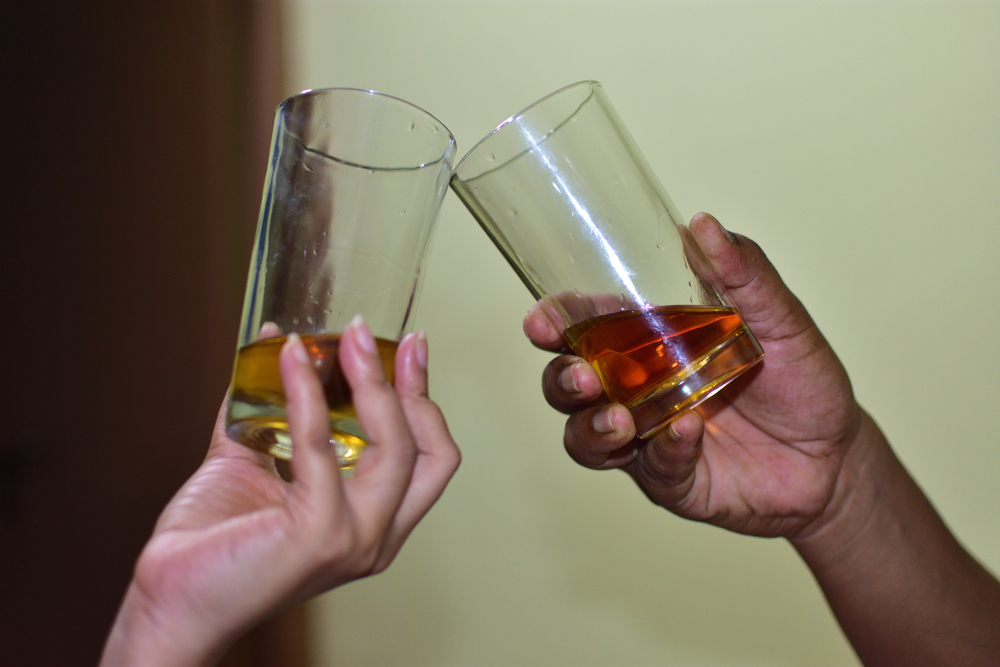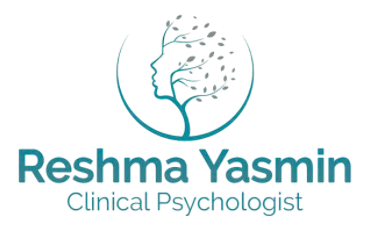
Navigating the Intersection of Bipolar Disorder and Substance Use: Understanding and Managing Co-occurring Conditions
Bipolar disorder is a complex mental health condition marked by severe mood swings that include emotional highs (mania or hypomania) and lows (depression). Living with bipolar disorder can be incredibly challenging, and many individuals may find themselves struggling with additional issues such as substance use. This article delves into the interplay between bipolar disorder and substance use, emphasizing the importance of understanding both conditions to better manage and address their effects.
The Dual Challenge: Bipolar Disorder and Substance Use
**1. Understanding Bipolar Disorder
Bipolar disorder involves significant fluctuations in mood that can impact daily functioning. Individuals may experience manic episodes characterized by heightened energy, euphoria, and impulsivity, or depressive episodes marked by persistent sadness, low energy, and loss of interest in activities. These mood swings can disrupt personal, professional, and social aspects of life.
**2. The Link Between Bipolar Disorder and Substance Use
Substance use often emerges as a coping mechanism for managing the intense emotions associated with bipolar disorder. This relationship can manifest in several ways:
- Coping with Depression: During depressive episodes, individuals with bipolar disorder may turn to alcohol or drugs as a way to numb emotional pain or escape feelings of hopelessness. Substance use can temporarily alleviate symptoms but often exacerbates the problem in the long run.
- Impulsivity During Mania: In manic or hypomanic states, impulsivity is a common trait. This impulsivity may lead individuals to experiment with or misuse substances, including alcohol, stimulants, or other recreational drugs. The effects of these substances can further destabilize mood and worsen overall functioning.
- Difficulty with Treatment Adherence: Substance use can interfere with the effectiveness of prescribed medications for bipolar disorder. The interaction between substances and psychiatric medications can lead to reduced treatment efficacy and increased risk of side effects.
The Impact of Co-occurring Bipolar Disorder and Substance Use
**1. Compounded Symptoms and Risks
When bipolar disorder and substance use co-occur, the symptoms of both conditions can intensify. For instance, substance use can aggravate the mood swings associated with bipolar disorder, leading to more frequent and severe episodes. The combined impact can also heighten the risk of self-harm, suicidal ideation, and overall poor mental and physical health.
**2. Challenges in Diagnosis and Treatment
The presence of both bipolar disorder and substance use can complicate diagnosis and treatment. Substance use may obscure or mimic symptoms of bipolar disorder, making it challenging for healthcare providers to accurately assess and treat the conditions. A comprehensive approach that addresses both issues simultaneously is crucial for effective management.
Strategies for Managing Bipolar Disorder and Substance Use
**1. Integrated Treatment Approach
An integrated treatment approach is essential for managing co-occurring bipolar disorder and substance use. This involves coordinated care that addresses both conditions concurrently. Key components include:
- Dual Diagnosis Treatment: Specialized programs that focus on both bipolar disorder and substance use can provide tailored therapy and support. These programs often include psychiatric care, substance abuse counseling, and behavioral therapies.
- Medication Management: It is crucial to work with a healthcare provider to manage medications for bipolar disorder while addressing substance use. This may involve adjusting medications to minimize interactions and side effects.
- Therapeutic Interventions: Cognitive-behavioral therapy (CBT) and other evidence-based therapies can help individuals develop coping skills, address problematic behaviors, and work towards recovery goals. Therapy can also assist in identifying triggers for substance use and developing healthier coping strategies.
**2. Building a Support System
Having a strong support system is vital for managing both bipolar disorder and substance use. This may include:
- Support Groups: Joining support groups for individuals with bipolar disorder or substance use issues can provide a sense of community and shared experience. Support groups offer a space to discuss challenges, share strategies, and receive encouragement.
- Family and Friends: Educating family and friends about bipolar disorder and substance use can help create a supportive environment. Support from loved ones can be instrumental in encouraging treatment adherence and providing emotional support.
**3. Self-Education and Awareness
Understanding bipolar disorder and its interaction with substance use is a crucial step in managing the conditions effectively. Educating oneself about the nature of the disorders, treatment options, and coping strategies can empower individuals to take control of their recovery journey. Psychoeducation helps in reducing stigma and fostering a more supportive and informed approach to mental health.
The Path Forward
Living with bipolar disorder and substance use presents significant challenges, but with the right support and treatment, individuals can manage both conditions effectively. By adopting an integrated treatment approach, building a strong support system, and engaging in self-education, individuals can work towards improved mental health and overall well-being. Understanding the interplay between bipolar disorder and substance use is a crucial step towards destigmatizing mental health conditions and fostering a more compassionate and informed society.

0 comments